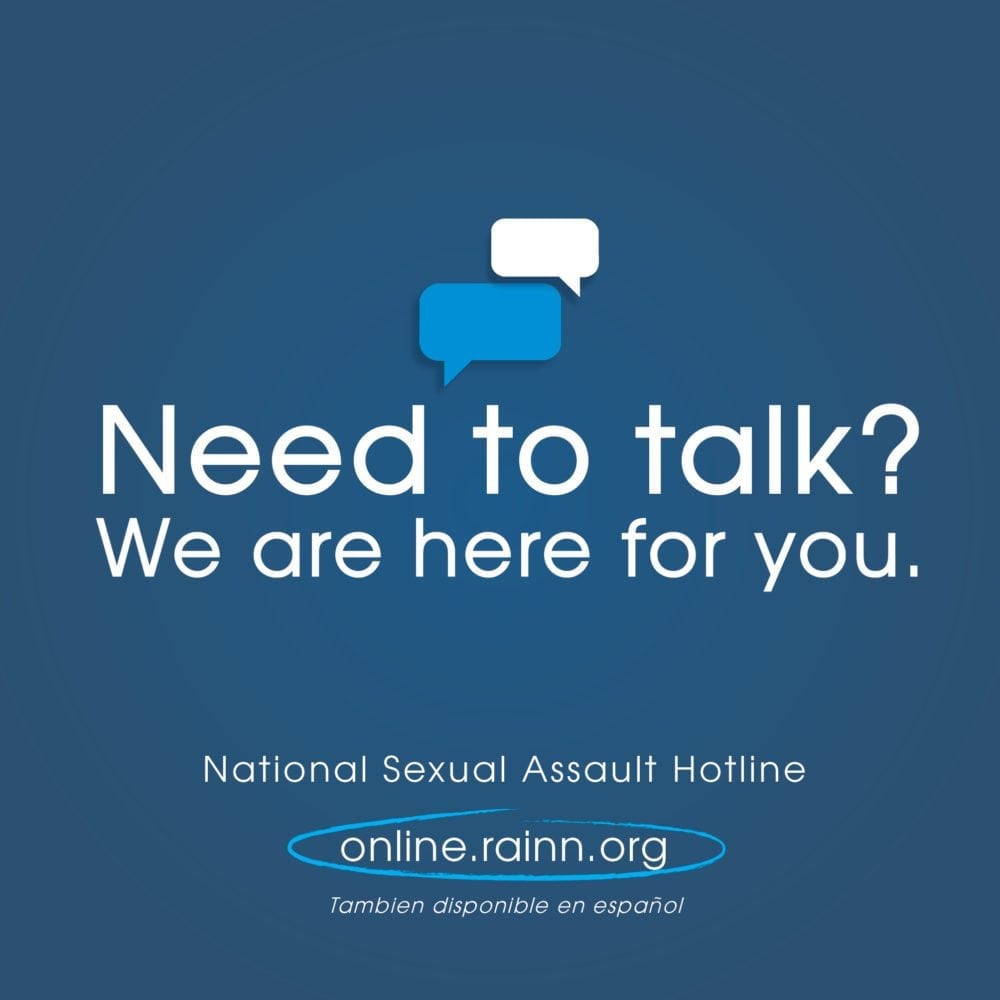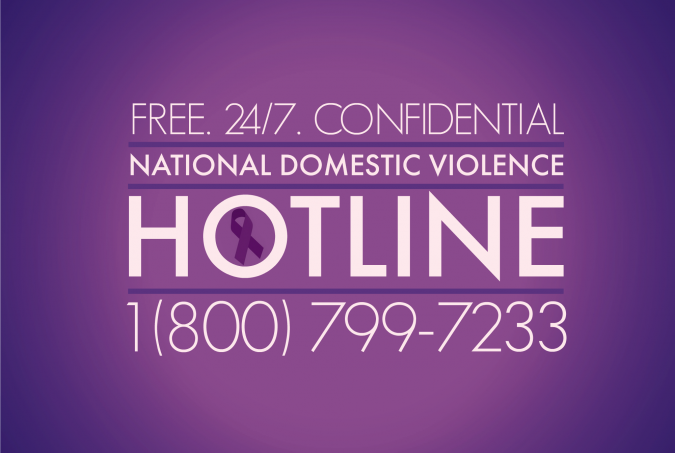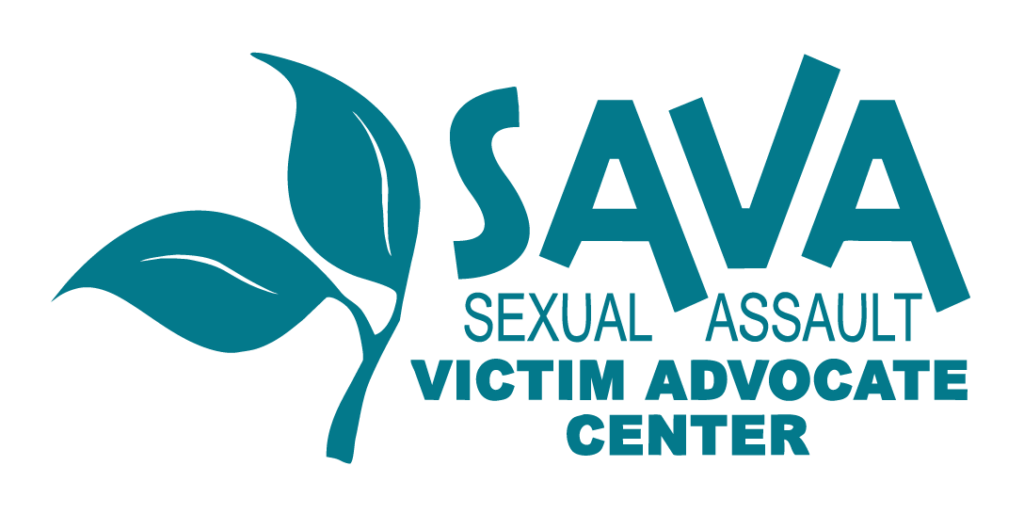By Carris Fischer, Illinois State University Contributor for Her Campus
Meet Kimberly Corban!
Kimberly Corban is a mother, daughter, sister, partner, and survivor of sexual assault. I had the mind-blowing opportunity of interviewing her to prepare us for her event with Turning Point USA. Kimberly will be speaking on the issue of sexual assault, with a special regard to college campuses all over the U.S. This event is open to all students, men and women, and will be working to bring education and awareness to the topic.
I spoke with her about her story and a bit more on how she has come to terms with being a survivor.
Her Campus Illinois State: Tell us a little bit about yourself and what you do?
Kimberly Corban: I was born in Pontiac, IL so I have always regarded Illinois as home. We moved when I was 2 years old, and I lived an every day, normal life. I graduated high school and then went to the University of Northern Colorado to major in Business Marketing. A little after finals week, during my sophomore year, a stranger broke into my apartment and sexually assaulted me. He held me there for two hours. I contacted law enforcement immediately, and they did eventually catch him. I experienced PTSD, depression and even started having panic attacks that progressed to seizures. My life did a complete 180. I went from being a good student with a 3.6 GPA and a four-sport athlete, to missing classes and letting my experience encompass every aspect of my life. I found myself asking, “why me?” very often. It took me dropping out, changing my major, and doing a few victory laps to turn everything around. Needless to say, it took over my life in the best way possible.
“I never thought I’d be making a career out of it, but I want to use my voice for those who can’t.”
HC ISU: Apart from your own experience, what inspired you to do what you do?
KC: I’ve done my best to stay true to my beliefs and myself, but am also trying to keep these responses as non-political as possible. I actually had the opportunity to speak with President Obama on CNN, and what he was proposing would make my ability to protect my children (and myself) very difficult. I had no clue what I had gotten myself into, and it blew up. Someone had actually had come up to me after they had seen me on CNN and said:
“I just wanted to let you know that you changed my life. Your story saved me.”
Kristi McMains had actually told me that she was alive because of me. If that is the one person I saved, then I know that I’m doing the right thing.
HC ISU: What kind of support did you, or did you not receive from your personal experience with sexual assault?
KC: My case is very atypical- the perpetrator was actually a stranger, so I did not have shame attached to me. It was a very clear boundary that he crossed. He did these acts without my consent and that was very black and white to me. I had immense support along the way, some of it I didn’t even know I needed at the time.
HC ISU: Can you describe your healing process? If not, ways in which a survivor could take care of themselves?
KC: The healing process is as individual as the person. My healing process will never end and it’s important to know that it is an ongoing process. One person should never be 100% healed, in fact I still see my counselor, maybe once a month just keep tabs on my self-awareness. As for others, the biggest step is asking for help and remembering that having an abnormal response to an abnormal situation is completely normal. I found that speaking about my experience did wonders for my recovery. I talked about it as much as I could, and decided that it was not going to dominate the rest of my life. I wanted to own it, and not let it own me.
HC ISU: When addressing sexual assault, do you use the term “victim” or “survivor?” Or both? Why or why not?
KC: I was never offended when someone would call me a “victim,” because that was how I felt. That incident had so much control over me, and I was still a victim of the incident. It took time to take the power back and own my story in order to feel like a “survivor.” Where you are in your journey can determine where you stand when it comes to being referred to as a “victim” or “survivor.”
HC ISU: From one survivor to another, what is one phrase you would use in conversation?
KC: That’s a tough one, and again it’s very individualized. Normally when speaking with someone about their assault, I want to be in that moment with that person and not thinking about what to say next. A lot of it comes down to what you don’t say, rather than what you do say. One phrase I would use though would be:
“You are never alone, and there will always be people here to support you.”
HC ISU: What is one thing you’d say to the person who is too scared to talk about their assault or fearful of what others may think of them?
KC: It is never someone’s choice to become a victim. It is the person who is victimizing that person who decides that. You should never have to bear the responsibility or guilt of that person. They don’t get to choose how to make you feel, and they don’t get to make you feel as though you have to remain silent.
“Being a victim is not a choice, but becoming a survivor is.”
Thank you so much, Kimberly, for taking the time to interview with Her Campus. What an eye-opening and memorable experience this has been. We look forward to hearing more about you and your story.
Please join us in Schroeder 138 from 6:00-7:00 PM this Wed. March 8th for the kicking off of her Trigger Warning tour!





